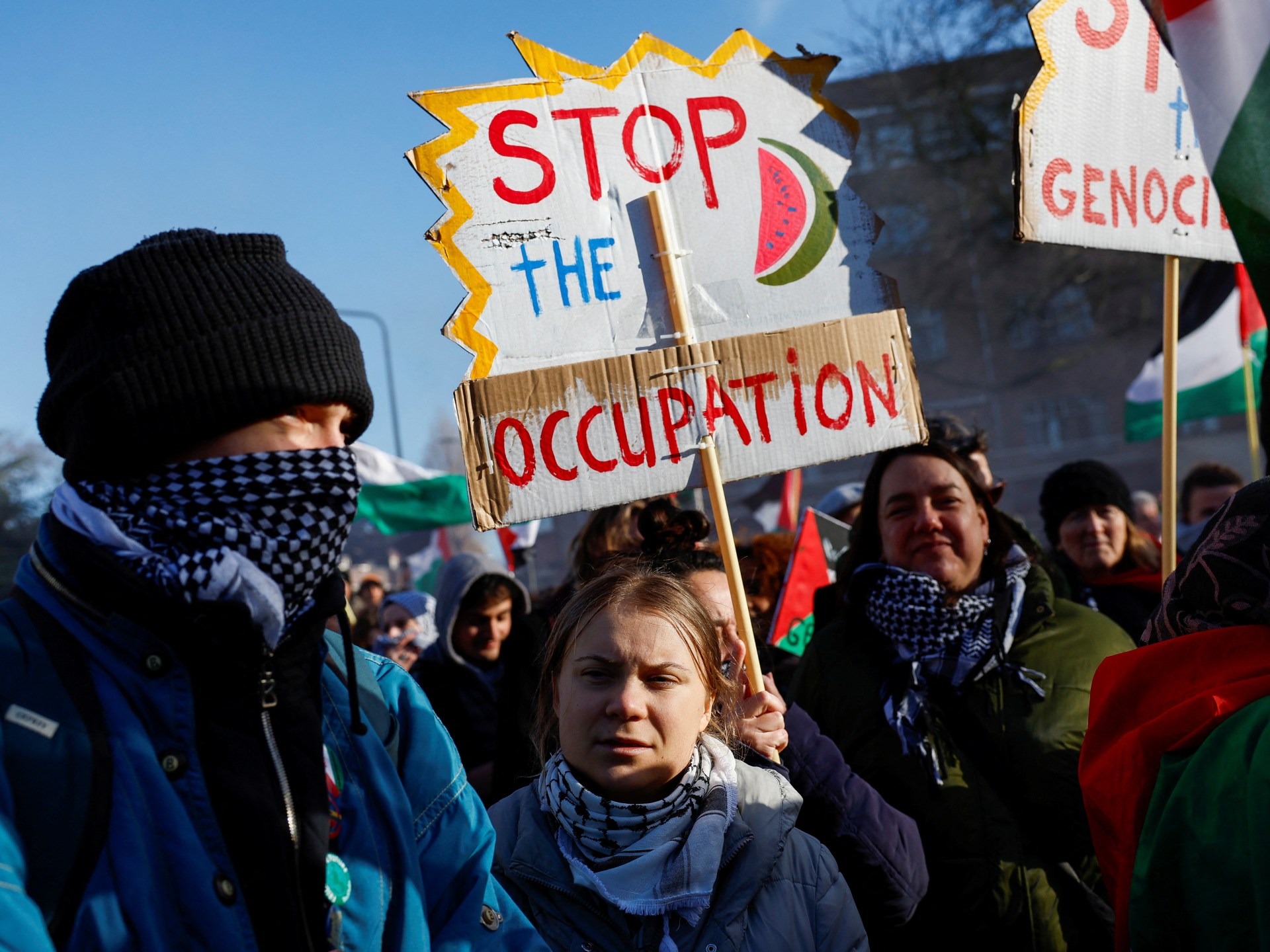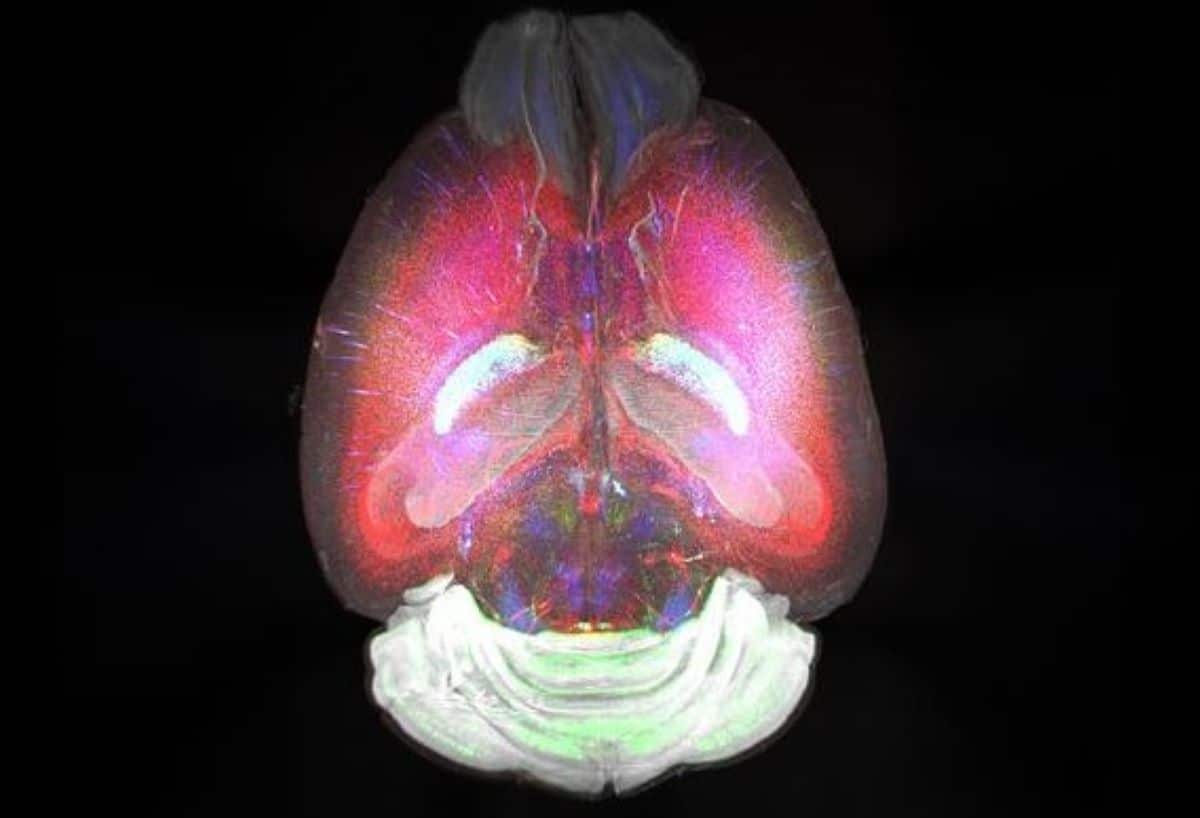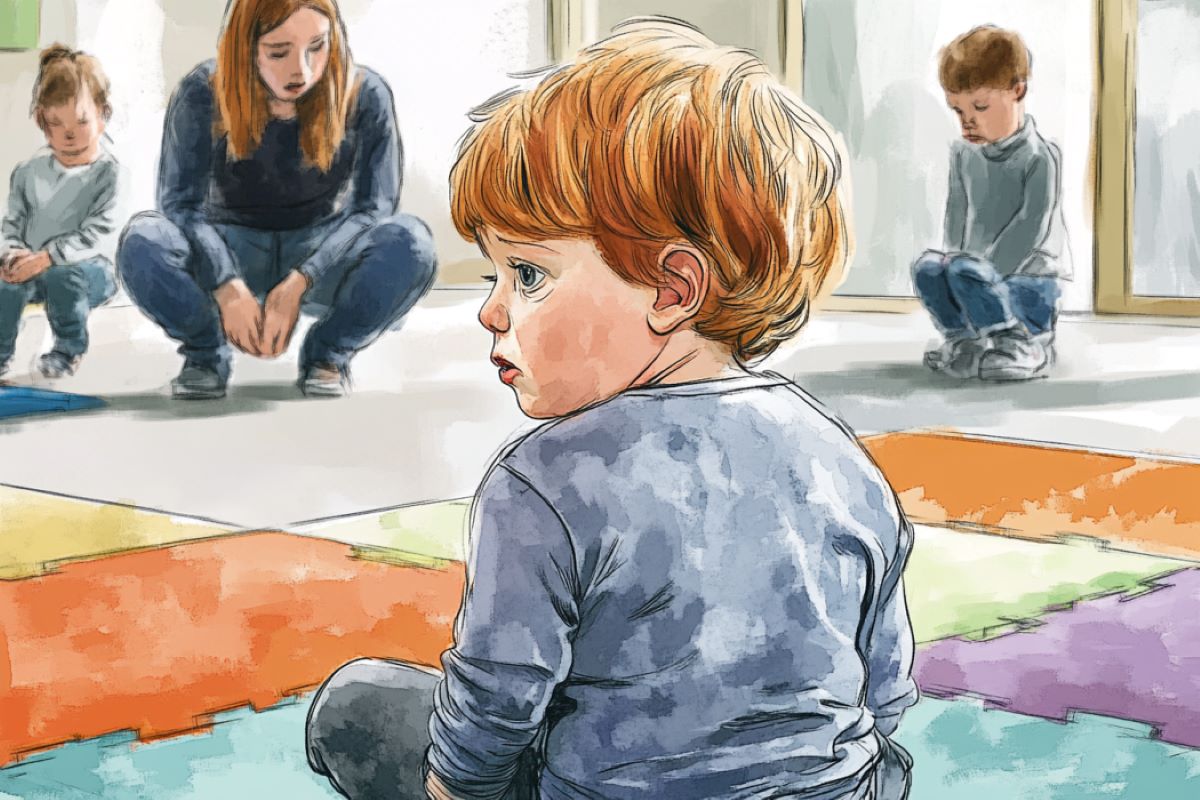The International Court of Justice (ICJ) has delivered its interim ruling on the emergency measures requested by South Africa in its genocide case against Israel over its war in Gaza.
The top United Nations court in The Hague on Friday did not order a ceasefire in Gaza, but told Israel to take measures to prevent and punish direct incitement of genocide in the besieged enclave.
ICJ President Joan Donoghue noted that the court had found sufficient evidence of dispute for the genocide case and said it will not throw it out.
Israel has also been ordered to allow humanitarian aid into Gaza and has been asked to report back to the court within a month about how it is upholding the court’s orders.
Here are some global reactions:
Palestine
The ruling was welcomed by Palestine’s Ministry of Foreign Affairs and Expatriates. It was described as an “important reminder” that no state is above the law.
Foreign Minister Riyadh Maliki noted that Israel failed to persuade the court that it is not violating the 1948 Genocide Convention.
“Palestine calls on all states to ensure respect for the order of the International Court of Justice, including by Israel.”
Israel
Israeli Prime Minister Benjamin Netanyahu criticized the ruling as “outrageous”.
In a video message shortly after the court order, he said Israel is fighting a “just war like no other”, adding that Israel will continue to defend itself and its citizens while adhering to international law.
Far-right National Security Minister Itamar Ben-Gvir mocked the ICJ, writing on X: “Hague shmague”.
South Africa
The South African government described the ruling as a “decisive victory” for international law, and said it hoped Israel would not act to frustrate the application of the court’s orders.
The ruling marked a significant milestone in the search for justice for the Palestinian people, the government said, adding that South Africa will continue to act within global institutions to protect the rights of the Palestinians in Gaza.
Outside the ICJ headquarters in The Hague, Naledi Pandor, South Africa’s minister of international relations, told reporters that Israel will have to halt fighting in Gaza if it wants to adhere to the court’s orders.
“How do you provide aid and water without a ceasefire?” Pandor asked. “If you read the order, by implication, a ceasefire must happen.”
Hamas
Hamas hailed the court’s “important” ruling, saying it “contributes to isolating Israel”.
“The [International] Court of Justice’s decision is an important development which contributes to isolating Israel and exposing its crimes in Gaza,” it said in a statement.
United States
The United States said the ruling of the ICJ was consistent with Washington’s view that Israel has the right to take action, in accordance with international law, to ensure the October 7 attack cannot be repeated.
“We continue to believe that allegations of genocide are unfounded and note the court did not make a finding about genocide or call for a ceasefire in its ruling and that it called for the unconditional, immediate release of all hostages being held by Hamas,” a State Department spokesperson said.
Palestinians in Gaza
Palestinians in Gaza said they are devastated by the court’s decision not to order Israel to cease its near-four-month bombardment and ground invasion of the enclave.
Ahmed al-Naffar, 54, who was intently following the court’s announcement in central Gaza’s Deir el-Balah, told Al Jazeera: “Although I don’t trust the international community, I had a small glimmer of hope that the court would rule on a ceasefire in Gaza,” later adding that “the court is a failure”.
Displaced Palestinian Mohammad al-Minawi, 45, shared a similar view. “I am not optimistic … Unfortunately, no one can stop Israel,” he told Al Jazeera.
Palestinians in the occupied West Bank
Lubna Farhat, a member of the Ramallah city council, told Al Jazeera she was somewhat disappointed by the decision but acknowledged it was a historic moment.
“We are very grateful and thankful for South Africa for filing this case, but what Palestinians aspired for was an immediate ceasefire,” Farhat said, adding that it was disheartening that the court did not call for an end to Israel’s military operations so humanitarian aid could be allowed into Gaza.
She said the ruling would only “escalate” settler attacks in the occupied West Bank and increase the attackers’ sense of impunity.
Qatar
Welcoming the interim ruling, Qatar said that Israel must adopt all measures to stop committing acts under the Genocide Convention in its war against Gaza.
It said in a statement that Qatar considers the ruling a humanitarian win and a victory for the rule of law and international justice.
Egypt
The Ministry of Foreign Affairs said Egypt was looking forward to the ICJ “demanding an immediate ceasefire in Gaza, as the court ruled in similar cases”, stressing the need to respect and implement the court’s decisions.
Turkey
Turkish President Recep Tayyip Erdogan welcomed the ruling, saying he hoped it would halt attacks against civilians.
“We hope that Israel’s attacks against women, children and the elderly will come to an end,” Erdogan said, and called the ruling “valuable”.
Iran
Iranian Foreign Minister Hossein Amir-Abdollahian called for Israeli authorities to be “brought to justice” after the ruling, according to Iranian state media reports.
Amir-Abdollahian also congratulated South Africa and the Palestinian people on “success” at the ICJ.
“Today, the officials of the fake Israeli regime are the most hated people in the world’s public opinion who must be brought to justice immediately for committing genocide and unprecedented war crimes against Palestinians,” he wrote on X.
“I must emphasise that the White House’s all-around support for the crimes of the Zionists will also never be forgotten and is considered and followed up by public opinion,” Amir-Abdollahian added.
Saudi Arabia
Saudi Arabia expressed approval for the emergency measures recommended by the ICJ. A statement from the foreign ministry said the kingdom reiterated “its categorical rejection of the Israeli occupation’s practices and violations of the United Nations Convention on genocide”.
Malaysia
“Malaysia has been vindicated in her call for Israel to be held accountable for the atrocities, crimes against humanity, and genocide committed on the Palestinians in the Gaza Strip, following the landmark ruling by the International Court of Justice [ICJ] 26 January 2024,” the country’s Foreign Ministry said in a statement.
Malaysia also said it looked forward to the upcoming proceedings in the case and reiterated its calls for Palestine to be admitted as a full member of the United Nations and recognised as a state based on the pre-1967 borders.
Canada
Canada’s Foreign Minister Melanie Joly said in the statement: “Our support for the ICJ does not mean that we accept the premise of the case brought by South Africa. It is for the ICJ to make a final decision on the case, which it has not done today.”
“Canada will continue to support Israel’s right to exist and defend itself, in accordance with international law,” Joly said.
“Canada continues to support urgent international efforts towards a sustainable ceasefire. This cannot be one-sided. Hamas must release all hostages, stop using Palestinian civilians as human shields, and lay down its arms,” she said.
Diana Buttu, a Palestinian-Canadian lawyer and former spokesperson for the Palestine Liberation Organization, slammed Canada’s response, posting on social media: “Awful statement by Canada re ICJ. Included in it are racist Israeli talking points [re: ‘human shields’] with the added touch of demanding more humanitarian supplies. Disgusting.”
Spain
Spanish Prime Minister Pedro Sanchez called on the parties to implement the interim measures the court decreed.
“We will continue to advocate for peace and an end to the war, the release of hostages, access to humanitarian aid and the establishment of a Palestinian state alongside Israel, so that both nations can coexist in peace and security,” Sanchez said in a post on X.
Spain’s Ministry of Foreign Affairs, European Union and Cooperation said: “Once again, Spain reiterates its call for an immediate ceasefire, the unconditional release of the hostages, immediate and regular humanitarian access and the need to move towards establishing the two-state solution.”
Ireland
Micheal Martin, the Irish minister for foreign affairs, welcomed the court’s orders, which he said were “final and binding. He added that Ireland expects Israel to implement the court’s orders “in good faith and as a matter of urgency”.
“Bringing about an end to this conflict and to the death and destruction in Gaza is a priority that must be pursued on all fronts – political, diplomatic, humanitarian and legal,” he added in a statement.
Scotland
Scottish First Minister Humza Yousaf said in a post on X that the ICJ order is “clear”.
“The killing and destruction in Gaza must stop. Urgent humanitarian assistance must be provided to prevent more suffering. Hostages must be released immediately,” he said.
“With such death and destruction, we will continue to call for an immediate ceasefire.”
United Kingdom
The UK Labour Party’s foreign affairs spokesperson called on Israel to fully comply with the court’s order.
“The ICJ’s interim ruling does not give a verdict on this case, but it sets out urgent provisional measures that must be followed. Israel must now comply with the orders in this ruling in full,” UK Shadow Foreign Secretary David Lammy said in a post on X.
“The ICJ’s measures align closely with Labour’s longstanding calls for the protection of civilians, urgent humanitarian relief in Gaza and an end to extremist rhetoric. We will press for these orders to be implemented, alongside an immediate humanitarian truce and a sustainable ceasefire.”
Prime Minister Rishi Sunak has not commented on the ruling, but the Telegraph newspaper reported that Downing Street referred its reporter to an earlier speech by Sunak in which he described South Africa’s case against Israel as “completely unjustified”.
Germany
Germany called on Israel to comply with the court’s ruling and allow immediate delivery of humanitarian assistance to Palestinians.
German Foreign Minister Annalena Baerbock refrained from openly criticising Israel’s military offensive but underlined that it must obey its international obligations.
“The International Court of Justice did not rule on the merits of the case but ordered provisional measures in interim proceedings. These are binding under international law. Nevertheless, Israel must also comply with them,” Baerbock said.
France
The French foreign ministry said it is deeply committed to respecting international law, and reaffirmed its confidence in and support for the ICJ.
European Union
“Orders of the International Court of Justice are binding on the parties and they must comply with them. The European Union expects their full, immediate and effective implementation,” the European Commission said in a statement.
European Parliament political parties
Lawmakers from The Left party in the European Parliament called for an immediate ceasefire in Gaza. They noted that while the court has ordered Israel to “take all measures within its power” to prevent and punish acts of genocide in Gaza, complying with the order “means an unconditional, immediate and permanent ceasefire now”.
The European Parliament’s Socialists and Democrats Group pledged “full support to the role and work of the ICJ and primacy of the UN Charter and International Law”.
In a post on X, the group’s president, Iratxe Garcia Perez, also said that it is “now crucial that Israel fully complies with the interim ruling, implements without delay necessary measures regarding the Genocide Convention and the Gaza humanitarian situation and all hostages are released by Hamas”.
Amnesty International
Amnesty International said the ruling was important and “Israel must comply with key ICJ ruling ordering it do all in its power to prevent genocide against Palestinians in Gaza”.
“Today’s decision is an authoritative reminder of the crucial role of international law in preventing genocide and protecting all victims of atrocity crimes. It sends a clear message that the world will not stand by in silence as Israel pursues a ruthless military campaign to decimate the population of the Gaza Strip and unleash death, horror and suffering against Palestinians on an unprecedented scale,” Agnes Callamard, secretary-general of the rights group, said.
Human Rights Watch
Balkees Jarrah, associate international justice director at Human Rights Watch (HRW), described the ruling as a “landmark decision that puts Israel and its allies on notice that immediate action is needed to prevent genocide and further atrocities” against the people of Gaza.
“Lives hang in the balance, and governments need to urgently use their leverage to ensure that the order is enforced. The scale and gravity of civilian suffering in Gaza driven by Israeli war crimes demands nothing less,” Jarrah said.
Jarrah noted that the court’s “clear and binding orders raise the stakes for Israel’s allies to back up their stated commitment to a global rules-based order by helping ensure compliance with this watershed ruling”.
Kenneth Roth, HRW’s former executive director, said in a post on X that it was “noteworthy” that even the Israeli judge, Aharon Barak, joined the court “on the points of preventing and punishing incitement to genocidal acts and allowing enough humanitarian aid to stop severe deprivation”.















